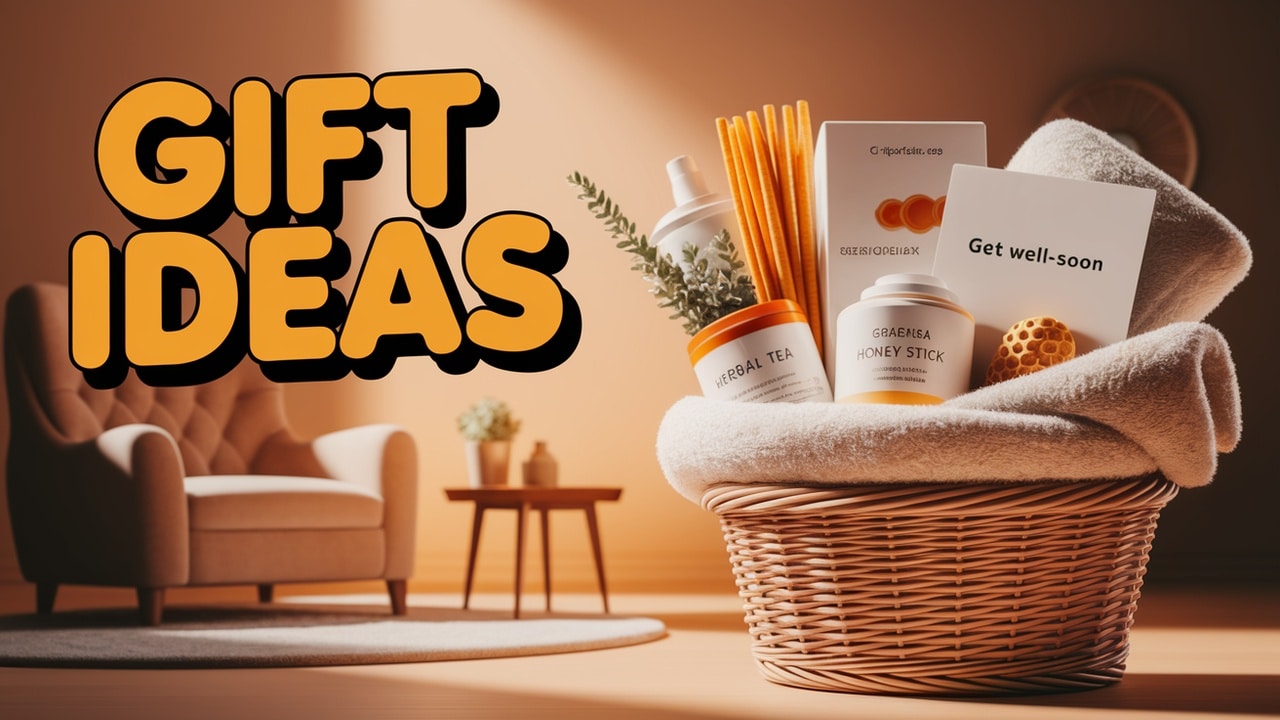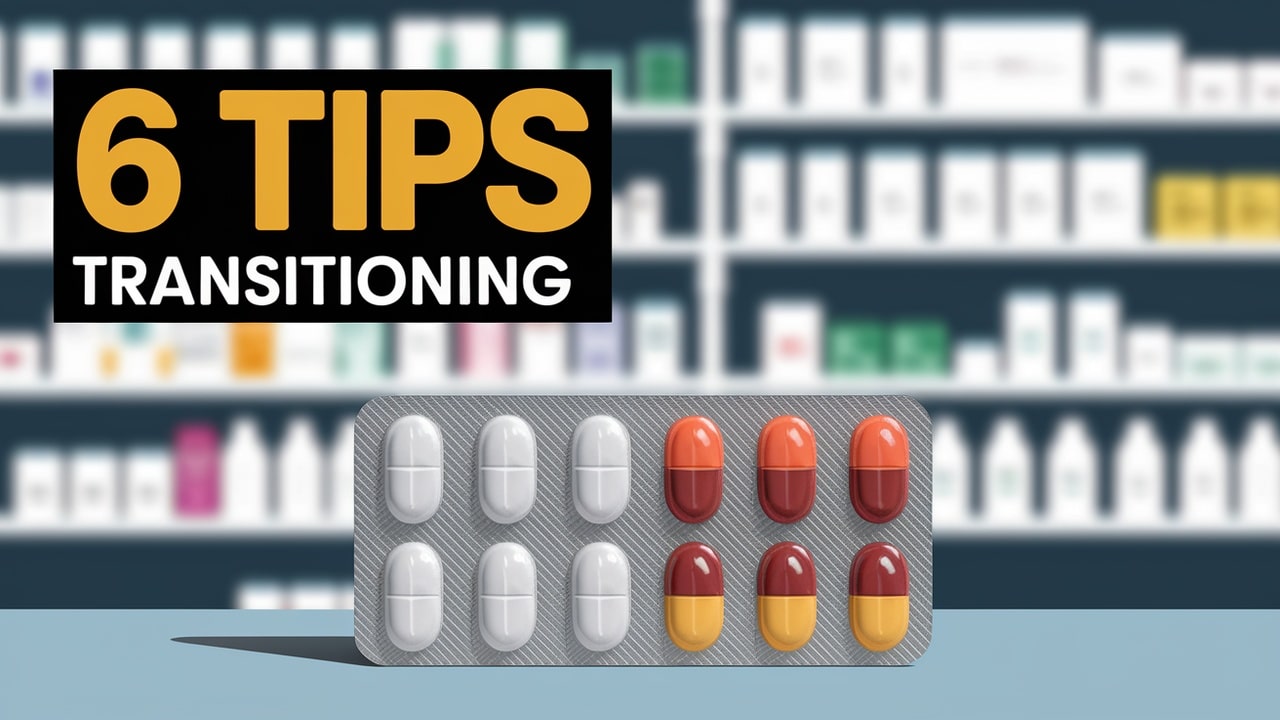
Cannabidiol (CBD): 7 Facts You Need to Know Before You Try It
At this point, there’s no need to introduce cannabidiol (CBD) to anyone. It’s one of the most popular and talked-about natural remedies out there. With many studies and anecdotal evidence to back up its potential health benefits, it’s no surprise why.
However, the hemp-derived compound is still relatively new, and with all its benefits, there are still some misconceptions surrounding it. And so, before you decide to try it, you should know a few key facts about it.
Whether you’re looking for something to help you relax after a long day at work or want to try a natural way to improve your mood, CBD can be a great alternative.
Table of Contents
Here are five facts you should know about before trying CBD
CBD Is Not Intoxicating
As such, CBD is not intoxicating. This means it will not get you “high,” or more precisely, will not produce the same feelings of euphoria associated with marijuana and its main active compound – THC. So, it should be safe if you’re a driver or operate heavy machinery.
However, there is a difference between intoxicating and psychoactive. Although many sources claim that CBD is not psychoactive, this is technically not true. In short, psychoactivity means that the compound can produce a change in your mental state – such as altering your mood or improving focus – and that’s what CBD does.
Not All CBD Products Are the Same
The hemp industry has grown exponentially in recent years, and with it come many CBD-infused products. However, not all these products are created equal. Some contain higher concentrations than others or may have added extra ingredients, such as other cannabinoids or other well-being supplements.
For example, if you stumble upon URB Delta 8 online, you’ll notice that while it’s commonly sold by CBD-oriented stores, its main ingredient is not CBD but Delta 8 THC. So, always be sure to read the label and understand the ingredients of the product before you buy it.
CBD Can Have Side Effects
Generally speaking, CBD is safe to use, as it does not have any major side effects, and the human body can take relatively high doses of it without developing any adverse reactions. However, depending on individual tolerance levels, some people may experience a few mild side effects when taking CBD.
These typically include dry mouth, drowsiness, and changes in appetite. As such, it’s essential to start with a lower dose and gradually increase it if needed to avoid any possible reactions.
CBD Dosage Matters
As already mentioned, the way your body responds to CBD can vary from person to person. So, finding the right dose for you is key if you want it to work to its full potential. However, due to a lack of research and regulations on cannabinoid-based products, there’s no one-size-fits-all approach when it comes to dosing with CBD.
There are two ways in which you can serve CBD: by following the manufacturer’s recommended dosage or by calculating it according to your weight. The second option is generally preferred for people who want to experience the full effects of CBD, as it’s more tailored to their needs.
The FDA does not regulate CBD
At the moment, CBD is not regulated by the FDA. This means it’s up to individual brands and manufacturers to ensure their products are safe for consumption and meet certain quality standards. Therefore, always make sure you buy from a reputable company that uses only high-quality hemp-derived ingredients in its offerings.
Common signs of quality include third-party lab testing, the presence of a Certificate of Analysis (COA), and clearly stated amounts for all ingredients on their website. Some manufacturers go the extra mile to obtain USDA organic certification for their products, too.
CBD Can Interact with Medications
CBD may interact with certain medications and should be used cautiously in patients taking them. This is due to the fact that CBD interacts with liver enzymes, which play a role in the metabolism of a long list of drugs.
If you’re currently taking any medications, it’s imperative to talk to your doctor before trying CBD. This is the best way to ensure that your health won’t be affected by potential interactions between CBD and other substances you may already be taking.
CBD Isn’t a Cure-All
Finally, it’s important to remember that CBD isn’t a cure-all and should not be used as an alternative to conventional medical treatments. While it may be beneficial for certain conditions, you should always consult your doctor before using it and never replace prescribed medications with CBD or any other natural remedy.
That being said, the only CBD-based medicine approved by the FDA is Epidiolex, which is used to treat two rare and severe forms of epilepsy, and it is up to your doctor to decide whether it’s suitable for you or not.
Final Thoughts
Cannabidiol has grown to become one of the most popular natural remedies in recent years, and its potential health benefits have been widely discussed. However, there is still a lot of misinformation surrounding it, so before you decide to try it, make sure you know these six facts.
CBD shows the potential to be an excellent well-being supplement, but always use it with caution. Talk to your doctor before using CBD, and be sure to purchase from a reputable company that offers high-quality products.






